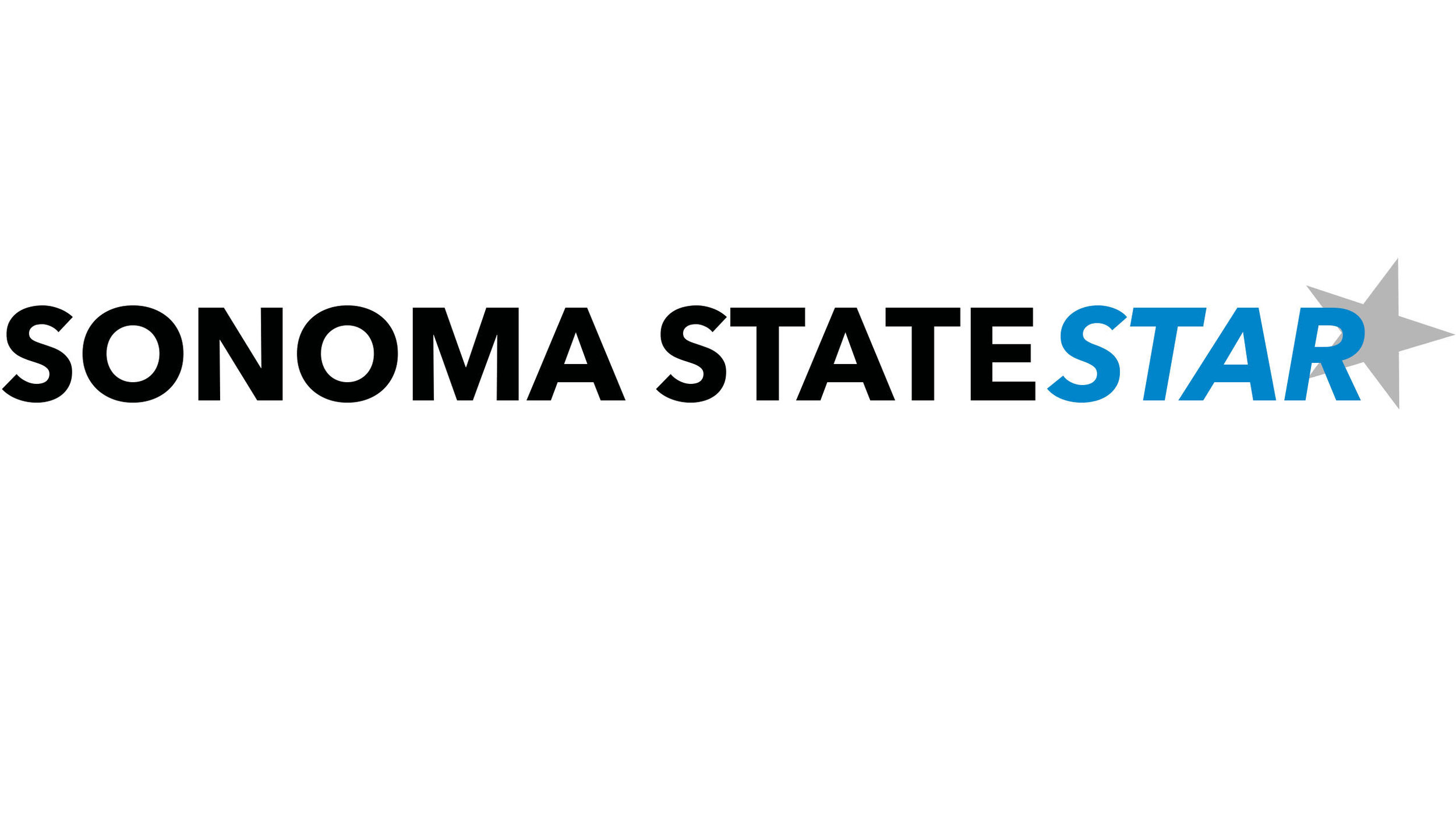The Passing Over of Jewish Representation on Campus
/While walking through Oliver‘s Market in Cotati wearing a Star of David on a necklace, an older Jewish woman walks up to me and mentions how little representation Jewish people have in the local area. This was in December when statues are dressed up like Santa, and Christmas lights are hung on the trees down Rohnert Park Expressway, but other cultures aren’t represented in any way locally.
Passover is the Jewish holiday in remembrance of the Israelites being freed from slavery in Egypt, achieving freedom. It is also about the “passing over” of plagues and other forces of destruction. This year, Passover begins on April 5 at sundown and ends on the 13. The holiday is typically celebrated with a seder, a special family meal where food and drinks of symbolic significance are consumed, prayers are sung, and a retelling of the stories leading Israelites to freedom is read.
The time of Passover is also a time of reflection on Jewish ancestors’ lives and our current ones. Unfortunately, the rise in antisemitism in recent years has become seriously concerning for those of the culture and religion. Thus, in reflecting during Passover, those who celebrate the Jewish culture and religion are forced to reflect on recent horrors.
Several weeks ago on March 14, the Sonoma County Democratic Party cosigned a resolution condemning antisemitism and other forms of hate speech. “An attack on any part of our community based on race, religion, gender identity, or ability is an attack that weakens our social fabric; and standing up to antisemitism and all forms of hate and discrimination will make us stronger together as a community,” states the resolution.
A recent report by the Anti-Defamation League asserted that antisemitic incidents in the U.S. rose 36% in 2022. The Press Democrat has written four or so articles in the last five weeks centered around antisemitism and hate crimes. These articles included an FBI report on an increase in hate crimes, Patriots owner Robert Kraft starting a campaign against antisemitism, and swastikas paired with other images drawn on a Jewish student’s door at Stanford University. Although there have not been many accounts of antisemitism locally, that does not mean those of Jewish religion or culture in our community aren’t affected by it.
Ryan Ristine, the President of Alpha Epsilon Pi (AEPI), Sonoma State’s Jewish fraternity, was open to discussing how the recent uprise in antisemitism across the country made him feel. “It is my wish that many of these people who are so hateful would be more open to education or conversation… What I know we can do is to just be proudly present and Jewish in all of our spaces and communities.”
Ristine also mentioned another resource that’s present on campus, Hillel, which is a club for Jewish students and their peers. Sonoma State also offers a Jewish Studies program, which is convenient for those wanting to learn more about the culture. In addition, the Jewish Community Center of Sonoma County, located in Santa Rosa is another great outlet.
Sonoma State senior Haddie Daner is the president of Hillel of Sonoma County, and she believes that the Jewish representation on campus is small, but there’s room to improve it if students who identified as Jewish became a part of the Hillel community. “We strive for inclusivity regardless of how much someone ‘practices’ the Jewish faith,” she said.
Similarly, Ristine also believes there could be an enlarged representation on campus. “I would love for Jewish students, faculty, staff and administration who aren’t already involved in some way to be more present and active, and I know that my chapter can be a large part of that.” He continued to talk about the inclusivity of other cultures and religions, which is also customary practice in Jewish culture.
Hillel can be reached through their Instagram @hillelofsonomacounty and AEPI can be contacted on Instagram @ssuaepi or by email, at alphaepsilonpisigmapsi@gmail.com.


